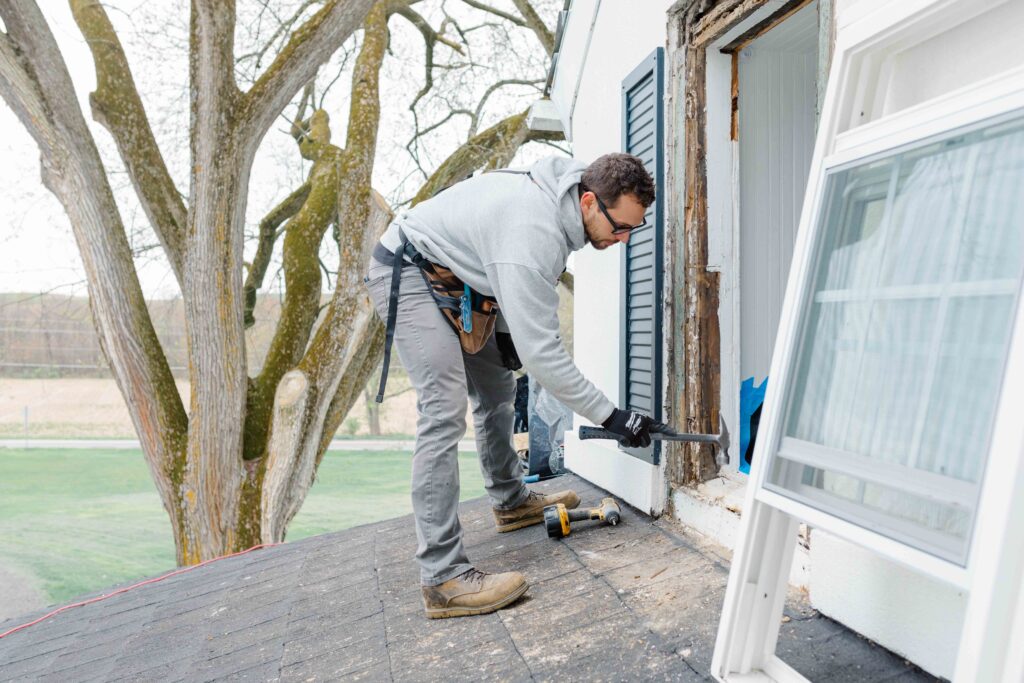Understanding Different Glass for Windows and Window Replacement
Understanding Different Glass for Windows and Window Replacement: A Guide from the Lehigh Valley’s Trusted Window Expert
When it comes to window replacement or installation, one of the most crucial choices you’ll make involves the type of glass you select. The glass not only affects the appearance of your windows but also influences energy efficiency, comfort, security, and noise reduction. With advancements in technology, the options available today are vast and varied, making it important to understand the differences in glass types. This guide will help you navigate these choices, ensuring you make an informed decision for your home.

Different Glass for Windows: Single, Double, and Triple Pane Glass
The number of panes in a window affects its insulation properties.
- Single Pane Glass: This is the most basic form of window glass, offering minimal insulation and soundproofing. It’s less expensive but is becoming increasingly rare due to its poor energy efficiency.
- Double Pane Glass: Consisting of two glass layers with a space in between (usually filled with air or an inert gas like argon), double-pane windows provide much better insulation than single-pane, reducing energy costs and improving comfort.
- Triple Pane Glass: These windows have three layers of glass and two air or gas spaces. They offer superior energy efficiency, noise reduction, and temperature control, making them ideal for extreme climates. However, they come at a higher cost.
Low-Emissivity (Low-E) Glass
Low-E glass has a microscopically thin coating that reflects heat. In winter, it reflects heat back into the room, keeping it warmer. In summer, it reflects outdoor heat away, keeping your home cooler. Low-E coatings also reduce UV light transmission, protecting interior furnishings from fading. While Low-E glass is more expensive upfront, it significantly improves energy efficiency, leading to lower utility bills.
Tinted and Reflective Glass
Tinted glass, achieved by adding colorants to the glass during production, reduces glare and heat transmission, making it useful in sunny climates. Reflective glass has a metallic coating that reflects sunlight and heat, offering similar benefits to tinted glass but with a mirror-like appearance. Both options can increase privacy during the day and reduce cooling costs, but they may also reduce natural light entry and visibility from the inside.
Impact-Resistant Glass
Designed for areas prone to severe weather conditions like hurricanes, impact-resistant glass is made by bonding two pieces of glass with a clear, strong interlayer. This type of glass remains intact even when shattered, providing protection against break-ins, storms, and reducing noise. While impact-resistant windows are more expensive, they can offer significant savings on insurance premiums in certain areas.
Insulating Glass Units (IGUs) and Gas Fills
Insulating Glass Units (IGUs) are windows with multiple glass panes separated by spacers and sealed around the edges. The space between the glass is often filled with inert gases like argon or krypton, which are denser than air and provide superior insulation. IGUs significantly improve a window’s thermal performance and are a standard feature in energy-efficient window designs.
Still Have Questions About the Different Glass for Windows? Contact Eisen Window Co – the Lehigh Valley’s Most Trusted Window Installation Company!
Choosing the right type of glass for your windows is a critical decision that affects your home’s energy efficiency, security, and aesthetic appeal. By understanding the differences between various glass options, you can select a solution that meets your specific needs, preferences, and climate conditions. Whether you prioritize energy savings, noise reduction, or security, there’s a glass type tailored to your requirements. At Eisen Window Co, we are here to help. The Lehigh Valley has trusted us to be their go-to for window installation and replacement. We can provide tailored advice based on your home’s unique characteristics. Give us a call today for a complementary consultation!
New Tripoli, Pennsylvania
484-646-3778
NGrube@EisenWindowCo.Com
ADD A COMMENT
October 2, 2024